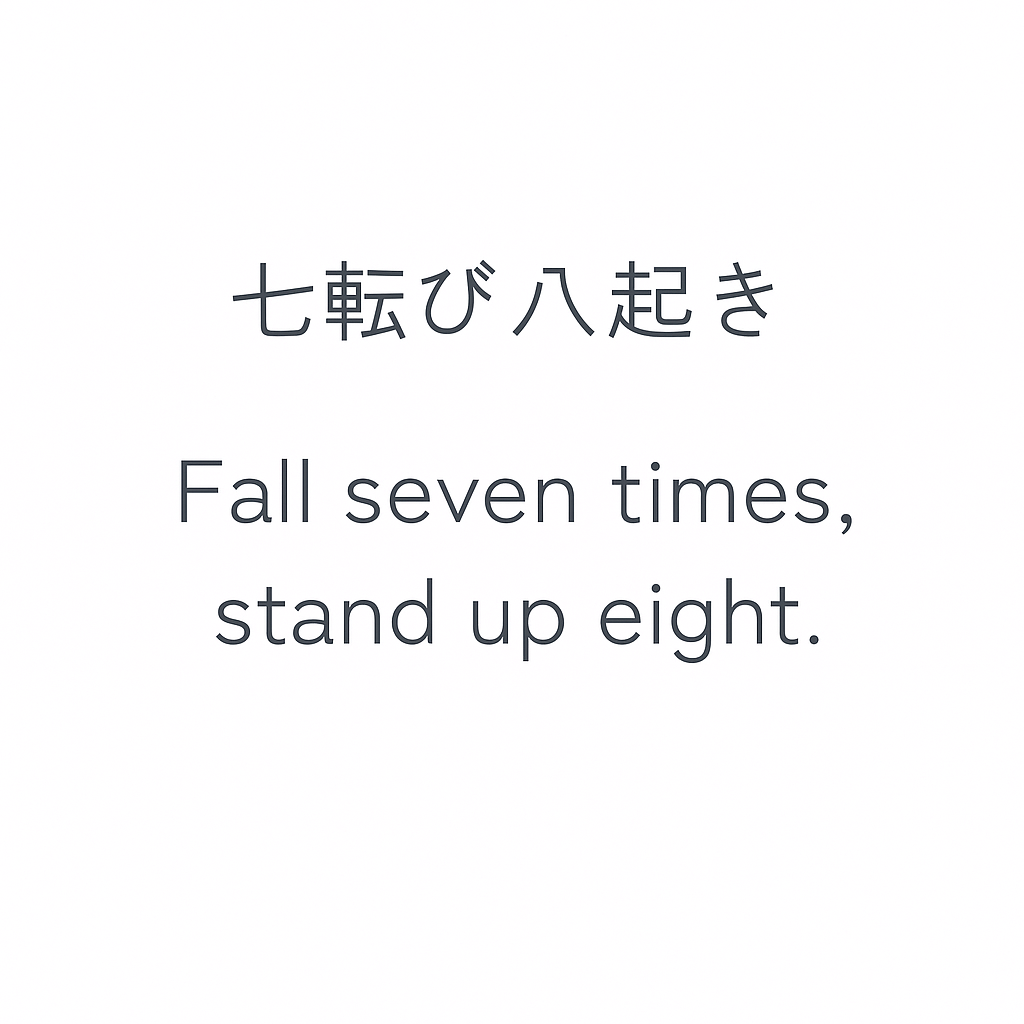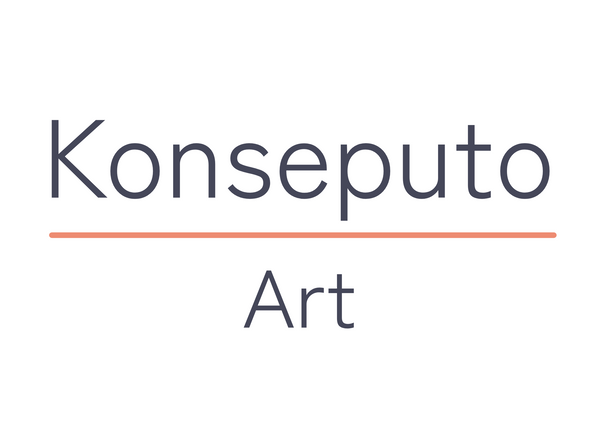
Japanese Sayings That Quietly Shape the Way I Work and Live
Share
Much of what I create at Konseputo Art is influenced by Japanese philosophy — from the quiet strength of wabi-sabi to the subtle balance of ma. These concepts don’t just inform the aesthetic of the work; they shape the way I approach life and creative practice as a whole.
Over time, a few Japanese sayings have become steady companions — offering reminders to slow down, let go, stay present, and keep going. Here are six that continue to guide me:
1. 七転び八起き (Nanakorobi yaoki)
“Fall seven times, stand up eight.”
Resilience isn't about avoiding failure — it's about returning to your path after setbacks. Whether in business, design, or daily life, this saying reminds me that persistence quietly compounds over time.
2. 明日は明日の風が吹く (Ashita wa ashita no kaze ga fuku)
“Tomorrow’s wind will blow tomorrow.”
Some days, things don’t land. This phrase reminds me not to fight the wind, but to accept that each day brings its own momentum — and that’s often enough.
3. 一期一会 (Ichigo ichie)
“One time, one meeting.”
This encourages presence — treating each experience as unique and unrepeated. I try to bring that mindset into both creative work and everyday interactions, especially when things start to feel routine.
4. 侘び寂び (Wabi-sabi)
“Beauty in imperfection and impermanence.”
Wabi-sabi is central to the design language behind Konseputo Art. It’s about appreciating the raw, the simple, the weathered — and recognising that beauty often lives in what’s overlooked.
5. 無常 (Mujo)
“Impermanence.”
Mujo is a reminder that everything changes — seasons, moods, opportunities. It helps loosen the grip of perfectionism and urgency. In design, it gives permission to evolve; in life, it invites a little softness.
6. 間 (Ma)
“The space between things.”
Not everything needs to be filled. Ma values the pause, the negative space, the breath. It’s as important in layout and structure as it is in conversation and thought — making room for clarity and calm.
These sayings aren’t just philosophical ideas — they’re daily tools. They influence how I shape my time, how I approach challenges, and how I create work that’s meant to be simple, intentional, and quietly expressive.
If you’d like to see how these values translate into visual form, you can explore my collection at Konseputo Art — minimalist design inspired by Japanese ways of seeing and being.



